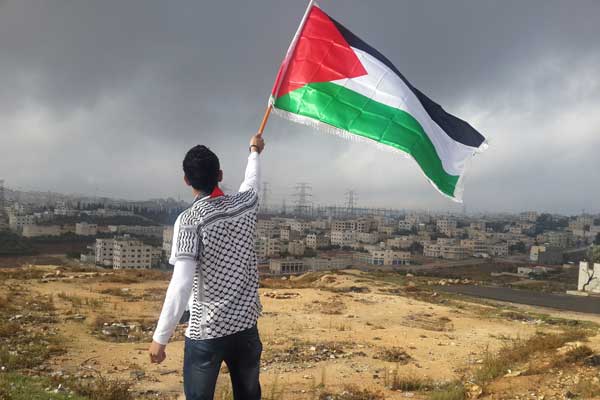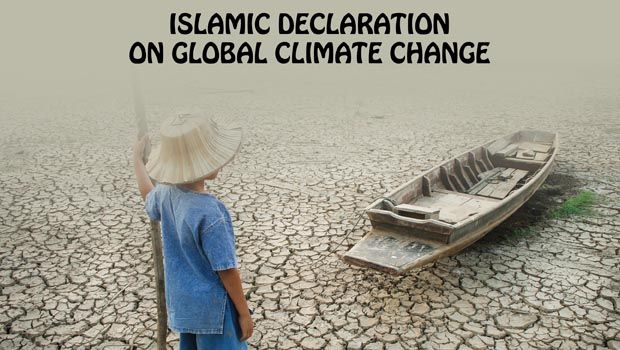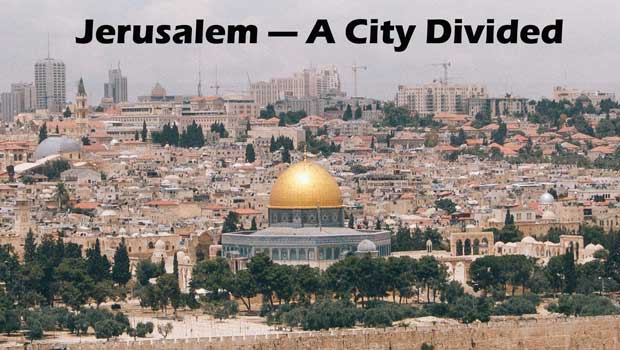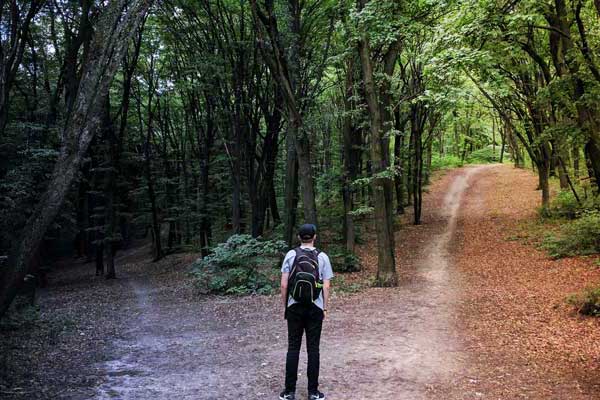The Spanish philosopher George Santayana famously said, “Those who cannot remember the past are condemned to repeat it.” If there are lessons to be found in remembering and studying history, the greatest lessons of all are derived from analyzing and understanding the mistakes of the past. Throughout the world’s history we have seen empires rise and fall, whose leaders ran nations into ruins, unable or unwilling to look at the mistakes of the past. Ironically, the leaders typically acted as if they were visionaries, destined to lead, yet their actions showed them to be blind to common sense, let alone wisdom or sound leadership. What usually ensues is great suffering and loss for the people.
One of the greatest tragedies of the 20th century was apartheid in South Africa. Apartheid, the Afrikaans word meaning “apartness,” was first used to describe the racial discrimination in that nation which began in the early 1900s and became legalized in 1948. The National Party of South Africa, an all-White government, introduced legislation in 1950 to formalize racial segregation. Although segregation had long existed before the party came into power, the government officially enacted laws and policies that institutionalized racial discrimination and dominance of Whites.
One such law, the Lands Act, required non-Whites to carry identification that authorized their presences in areas that were restricted to them. The Group Areas Act of 1950 enforced residential zones for Whites and non-Whites, reserving the best land for Whites and restricting non-Whites from entering that area. The Bantu Authorities Act of 1951 grouped Blacks into “homelands” based on their ethnic and tribal identities. The tribal leaders of these homelands were designated as territorial authorities, and the Blacks in each homeland were granted political rights only within that territory. Establishing Blacks as citizens of their individual homelands resulted in the stripping of their South African citizenship. Article 7 of the Rome Statute of the International Criminal Court defines apartheid as, “inhumane acts… committed in the context of an institutionalized regime of systematic oppression and domination by one racial group over any other racial group or groups and committed with the intention of maintaining that regime.”
What We Can Learn from Desmond Tutu
Archbishop Desmond Tutu, a well-known South African anti-apartheid activist and Nobel Peace Prize laureate recently passed away at the age of 90 in Cape Town, South Africa. He was known for his fight against inequality and discrimination and worked tirelessly on the campaign to end the apartheid regime that oppressed the nation’s Black majority. He became the liaison between Whites and non-Whites when apartheid finally collapsed in the 1990s. He served as the chairman for the Truth and Reconciliation Commission, bringing forth a full disclosure of the truth with a plethora of evidence of the atrocities committed under apartheid, to ensure justice to victims and to promote healing for the nation.
Tutu was also well known for his criticism of Israel, and often viewed the Israeli-Palestinian Conflict through the lens of apartheid in South Africa. He once remarked that he found Israel’s treatment of Palestinians very similar to “what happened to us Black people in South Africa.” He was a witness of the tragedies that unfolded in South Africa during that time and raised a very powerful point of refusing to be a bystander and letting it happen again in Palestine. He openly called for a boycott of Israel to end the oppression and wanted nothing but peace for both the Israelis and the Palestinians. But most importantly he wanted the Israeli government to understand and acknowledge their violations of human and civil rights.
He wrote in support of the Palestinian Boycott, Divestment, and Sanctions (BDS) movement the following:
“In South Africa, we could not have achieved our democracy without the help of people around the world, who through the use of non-violent means, such as boycotts and divestment, encouraged their governments and other corporate actors to reverse decades-long support for the apartheid regime. My conscience compels me to stand with the Palestinians as they seek to use the same tactics of non-violence to further their efforts to end the oppression associated with the Israeli Occupation. The same issues of inequality and injustice today motivate the divestment movement trying to end Israel’s decades-long occupation of Palestinian territory and the unfair and prejudicial treatment of the Palestinian people by the Israeli government ruling over them.”
Israel: ‘A Threshold Crossed’
Concerning the definition of apartheid, there is great evidence that Israel’s laws and policies regarding the Palestinian people fit in this category. According to a 2021 report published by Humans Right Watch, the Israeli government has committed crimes against humanity in the form of persecution and apartheid. HRW states, “Laws, policies, and statements by leading Israeli officials make plain that the objective of maintaining Jewish Israeli control over demographics, political power, and land has long guided government policy. In pursuit of this goal, authorities have dispossessed, confined, forcibly separated, and subjugated Palestinians by virtue of their identity to varying degrees of intensity. In certain areas, as described in this report, these deprivations are so severe that they amount to the crimes against humanity of apartheid and persecution.”
Israel, since 1948, has engaged in policies and projects aimed at removing Palestinians from their homeland. Even at this late date, in 2021, in the neighborhood of Sheik Jarrah located in East Jerusalem, more than 150 Palestinian residents were given eviction notices, many of them living in those homes for decades. Once they were forced out of their residences, Jewish settlers moved in. According to a staggering report from the United Nations Office for the Coordination of Humanitarian Affairs (OCHA), in 2021 a total of 833 Palestinian homes and structures were demolished. In 2020, the UN accused the Israeli government of carrying out “the biggest demolition of Palestinian homes in the occupied West Bank for a decade.” Those demolitions left 73 people, including 41 children, displaced, making them homeless.
According to a 2020 report by Amnesty International, in addition to the demolitions and evictions, Israel continues to expand illegal settlements in the occupied territories, to refuse to lift the blockade of the Gaza Strip, to engage in unlawful killings and excessive use of force, to place restrictions on movement with at least 593 Israeli checkpoints and roadblocks in the West Bank. The report also condemns arbitrary detentions and the use of torture and ill treatment of prisoners, as well as the 157 Palestinian children in prison in 2021.
The Holy Land is a sacred place for Jews, Christians, and Muslims. It has, however, become a country greatly afflicted by division, hatred, conflict, and war. The ongoing occupation results in a never-ending devastating humanitarian crisis. Let apartheid in South Africa be a lesson — holding the occupying regime accountable is the only way to bring justice for the oppressed. As Desmond Tutu once famously stated, “Those who turn a blind eye to injustice actually perpetuate injustice. If you are neutral in situations of injustice, you have chosen the side of the oppressor.”






